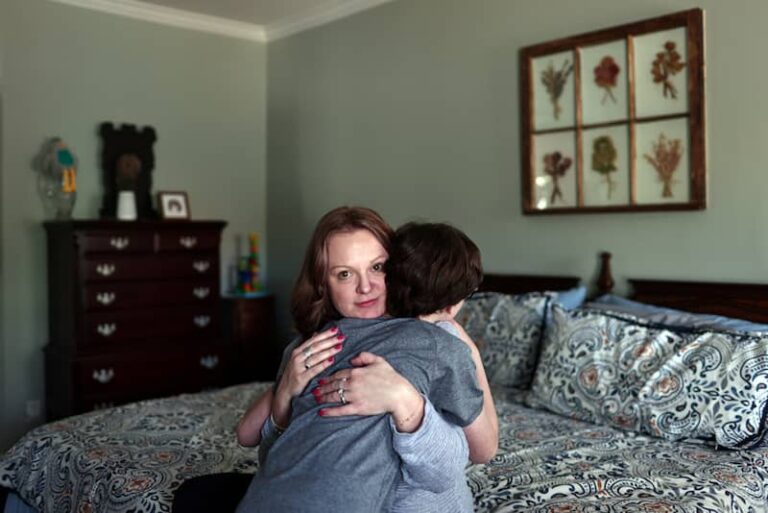Championed by British Prime Minister David Cameron, the proposal’s first House of Commons vote was overwhelmingly supported – 400 votes in favour to 175 opposed.
The left-leaning Labour Party and Liberal Democrats party strongly supported the move while, unsurprisingly, the only opposition came from conservatives within the Prime Minister’s own party – more than half of which chose to vote against it or abstained.
Cameron, who did not attend the debate, in a last minute televised statement before the vote, said he believed passing of the bill was “an important step forward for Britain.”
“I am a strong believer in marriage. It helps people commit to each other and I think it is right that gay people should be able to get married too,” he said, adding that the bill was “yes, about equality. But it is also about making our society stronger.”
If the proposed bill passes, it will enable same-sex couples the right to be married in both civil and religious ceremonies, so long as the religious institution consents.
Until now, most gay marriage laws in various parts of the world have only gone as far as to allow for civil unions. Officials say it will be up to religious organisations to choose if they would like to “opt in”.
However the proposal will be subject to more vigorous parliamentary debates and forgo a final vote in the House of Lords before it becomes law. Many believe a vote in favour is inevitable after the strong support shown in yesterday’s proceedings.
Same-sex couples who have already entered into civil partnerships will also be able to convert their relationships into legal marriages.
Nonetheless, critics believe the bill could threaten the meaning of marriage. During the six-hour debate before yesterday’s vote, conservative lawmakers argued that the government had no mandate to push through a “massive social and cultural change”.
“Marriage is the union between a man and a woman, has been historically, remains so. It is Alice in Wonderland territory, Orwellian almost, for any government of any political persuasion to seek to come along and try to re-write the lexicon,” Conservative lawmaker Roger Gale said.
If the bill were passed, it would come into effect in 2015, ahead of the next British general election. But conservative party members feel the proposal could cost them a significant number of votes.






